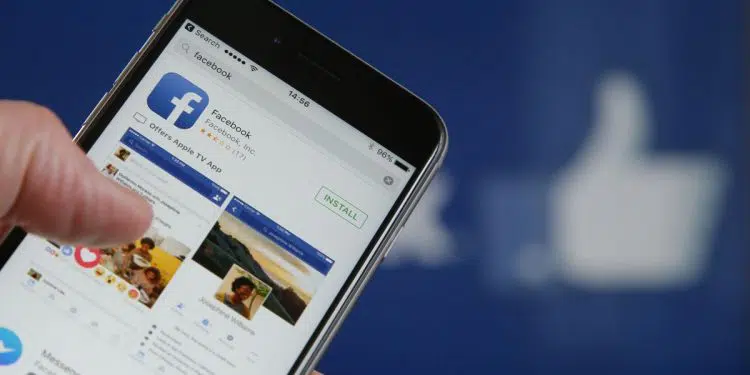Facebook has grown from a little internet startup to a global corporation worth hundreds of billions of dollars in less than a decade. It revolutionized the way we communicate and capture our lives, and it cleared the door for a slew of social media spin-offs.
And I’m here to tell you to deactivate your Facebook account. Why?
It’s a waste of time in the extreme
According to Facebook’s creator, Mark Zuckerberg, the average American Facebook user spends about 40 minutes each day on the site. 40 minutes a day may not seem like much, especially when compared to the hours spent working or commuting, but some quick math shows that 40 minutes per day adds up to 10 days on Facebook over the course of a year! Consider what could have been accomplished in that massive amount of time. Facebook is predicted to cost American businesses 28 billion dollars per year in lost productivity. Facebook can now be a really valuable tool for keeping in touch with distant relatives and excellent friends.
If stopping cold turkey has an adverse effect on genuine relationships, simply limit your Facebook usage. Don’t waste your time looking at your fourth-grade teacher’s vacation photos, for example. Muting the feeds of acquaintances you don’t know well is a good idea (high school peers, old neighbors, etc.).
It raises worries about safety
Facebook is a publicly accessible website. Predators, for example, can search up your profile. Not only can anyone search up your profile, but the name and photo you see do not always reflect the person behind the account. A 50-year-old guy can establish a profile that gives the impression that he is a 13-year-old girl. If you do keep a Facebook account, make sure your privacy settings are set to utmost security and never, ever communicate with strangers.
The internet exists in perpetuity
Things uploaded on Facebook can be removed, but even if you delete anything, it’s possible that someone else has already screenshotted or shared it, leaving you with little control over where your image or words end up. If you do have a Facebook account, think carefully about what you share. Is it possible that your post will harm your reputation or career? Posting compromising images or information is not a good idea.
You feel horrible about yourself as a result of it
Active use of Facebook can have a negative impact on your mental health. According to a study conducted by Utah Valley University’s Department of Behavioral Science, utilizing Facebook on a regular basis prompted study participants to have a negative attitude toward their own life. People on Facebook typically only share the highlights of their lives, which leads to users comparing their lows to others’ highs. “Those who spend more time on Facebook each week agreed more that others were happy and had better lives,” according to the study.
Conclusion:
Finally, Zuckerberg deserves a round of praise for inventing such a fantastic tool for connecting and entertaining people that we’ve all benefited from (for free). However, when determining whether or not to preserve your Facebook profile, the preceding points should be taken into account. However, leaving this platform will help you a lot. You can pay attention to so many ignored things around you. Time for me to leave. Until the next time. Goodbye!





